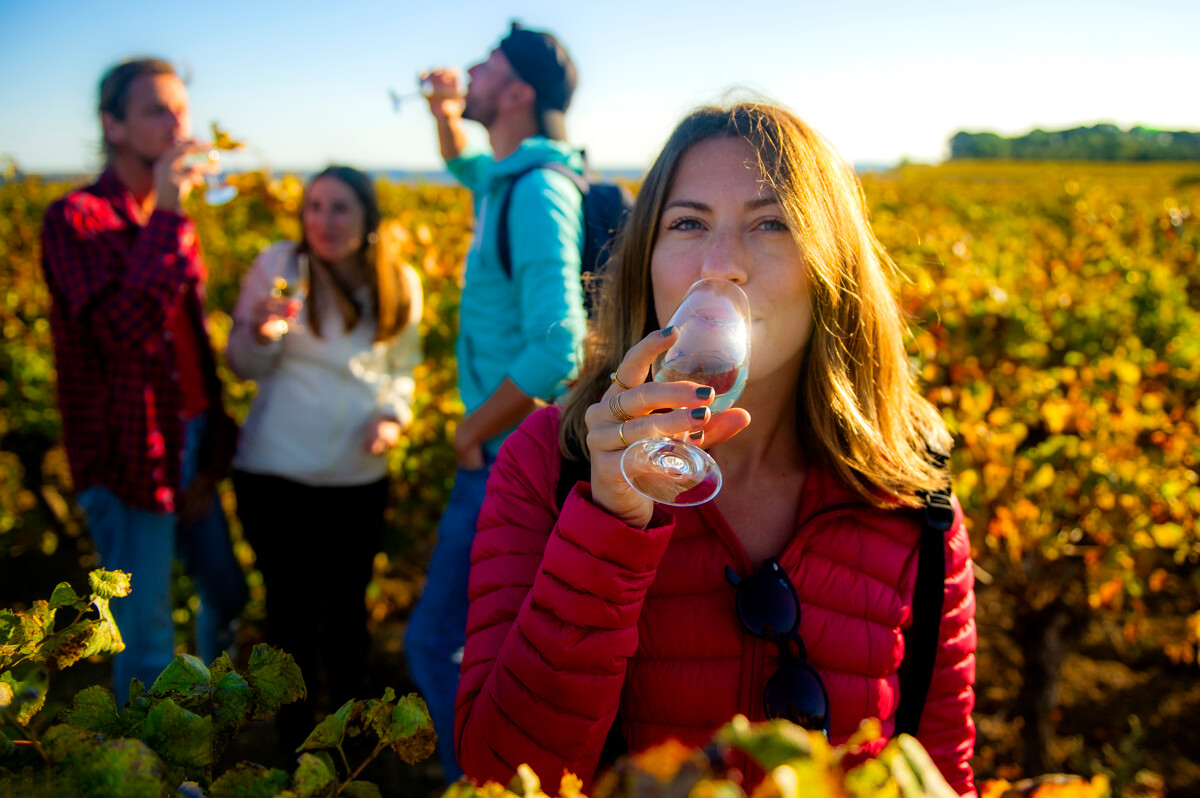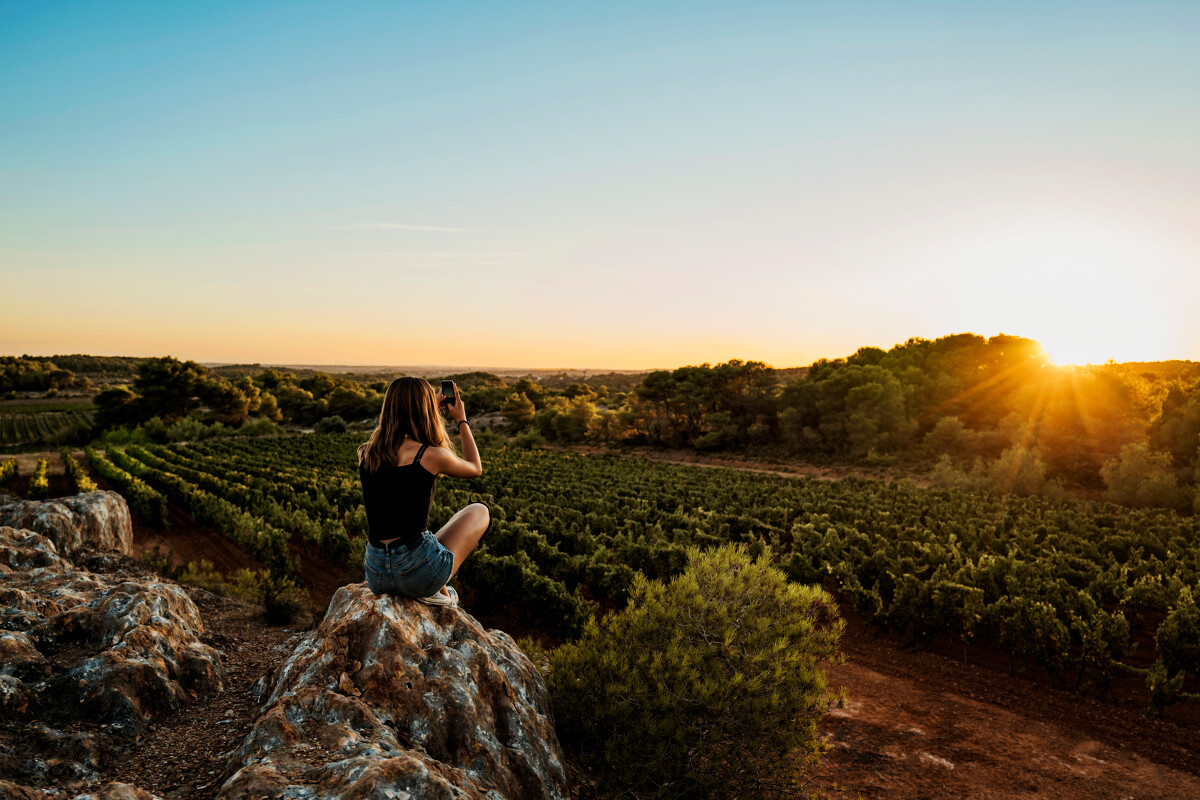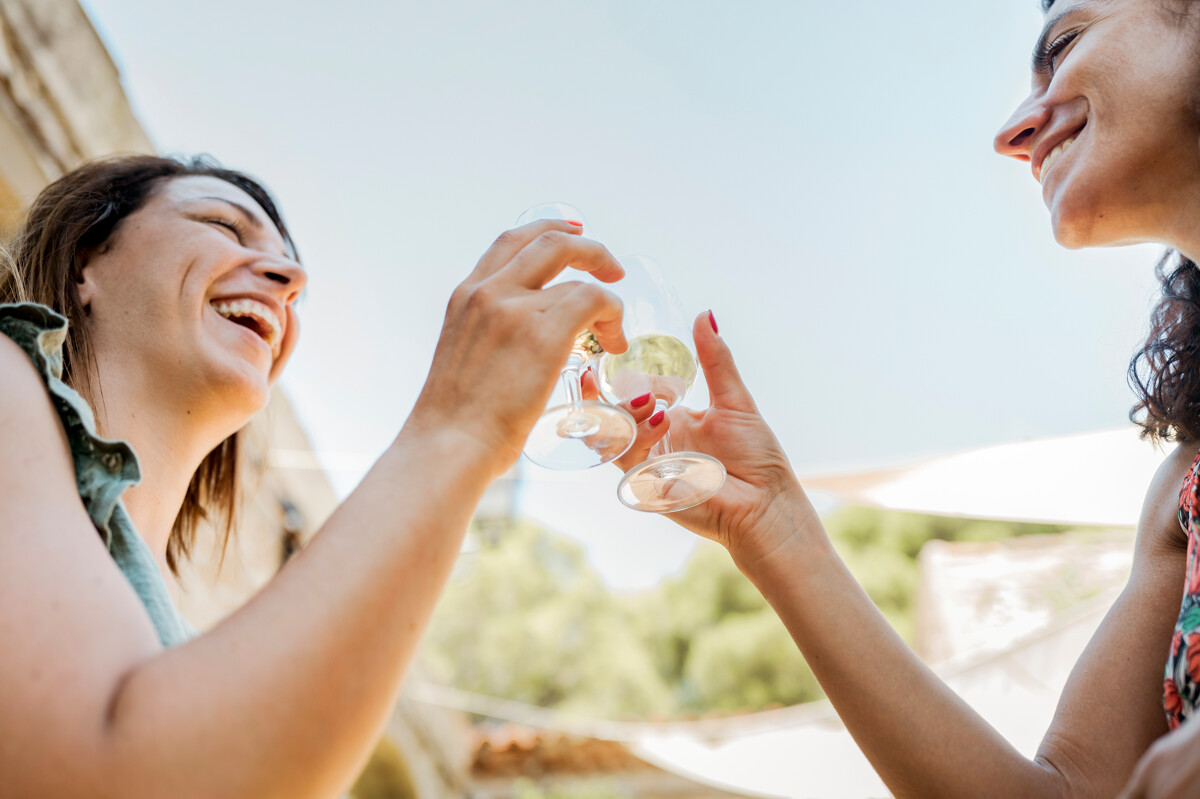A vineyard on the same level as the Mediterranean
Presentation
From the foothills of the Gardiole to the shores of the Thau lagoon, here more than anywhere else the vineyards reflect their past. Sun-drenched clay-limestone soils, a combination of wind and a favourable micro-climate, this was all it took for the Etruscans, Greeks and Romans to invest in this terroir and plant vines here. Two millennia later, one of the oldest vineyards in France continues its wine odyssey.
A long maturation
Sète was still an uninhabited mountain when, in 1666, Louis XIV ordered the construction of a port to facilitate the export of wine throughout Europe. The area produced mainly white wine. Until then, vines had been confined to the plateaux, but they were soon planted on the plains and ended up producing high yields of poor quality wine: a red wave broke.
In the 1950s, consumer habits began to change and quality became a priority. A slow and painful change took place in the 1970s, with the uprooting of a third of the vineyards. In order to survive, the winegrowers re-seed with practices and techniques aimed at producing less, but better.
In the mid-1980s, the movement gained momentum. Favouring local wines, the private wineries moved towards PDO wines. The cooperative wineries made a later and gradual change with AOC, IGP, Vins de pays d'Oc.... From the vineyard to the cellar, this improvement in viticulture has borne fruit.
Heading for a wine tourism destination
The Archipelago of Thau was the first destination in the Hérault region to be awarded the "Vignobles & Découvertes" label in 2013. Awarded to wine and tourist destinations, this national label guarantees a specialised quality offer, currently proposed by over 60 professionals.
A bouquet of many colours
This in-depth work of viticulture in harmony with nature has given rise to a range of wines reflecting the nuances of the terroirs. Present since Antiquity, the Piquepoul grape variety, which owes its name to the gallinaceous birds that peck at the grapes scattered among the vines, is today the largest white wine appellation in Languedoc (AOP Picpoul de Pinet).
Muscat, whether from Frontignan or Mireval, has contributed over the centuries to the fame of the sweet wines of the Languedoc, being invited to the table of kings and popes. Every summer, the town of Frontignan celebrates it with its "Muscat festival" and its "Emmuscades".
But this is also the land of vermouth, the flagship of which is Noilly Prat in Marseillan. This beverage is made in hundreds of barrels exposed to the open air in the middle of historic cellars. Appreciated in 70 countries, it owes its international fame to James Bond, who made it the main ingredient of his favourite cocktail. Discover and taste it in this prestigious place during a guided tour.






